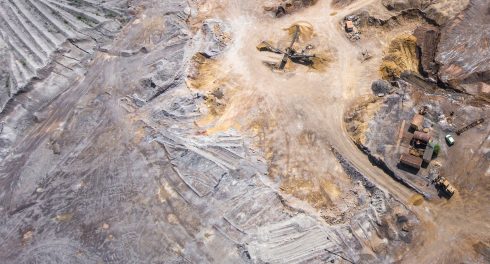
Photo: Unsplash
Contributor: Global Witness
Land is a public good from a human security, economic and environmental perspective. Governance of land, especially at a time of rising global demand for food, fuel, fibre and  mineral resources, is becoming increasingly critical. It has been estimated that global food demand will increase by 70% by 2050, requiring net investments in agriculture 50% above current levels. Global large-scale investments in farmland in particular have already begun to escalate: in 2009 investment reached 45 million hectares alone, up from an average annual expansion rate of only 4 million hectares leading up to 2008. In terms of meeting future food needs, 80% of future arable land expansion is predicted to take place in Latin America and Sub-Saharan Africa, however the same regions expect a reduction in available arable land by the end of the 21st century due to climate change and population growth.
mineral resources, is becoming increasingly critical. It has been estimated that global food demand will increase by 70% by 2050, requiring net investments in agriculture 50% above current levels. Global large-scale investments in farmland in particular have already begun to escalate: in 2009 investment reached 45 million hectares alone, up from an average annual expansion rate of only 4 million hectares leading up to 2008. In terms of meeting future food needs, 80% of future arable land expansion is predicted to take place in Latin America and Sub-Saharan Africa, however the same regions expect a reduction in available arable land by the end of the 21st century due to climate change and population growth.
Large-scale land acquisitions by domestic, international, private and public actors are presented by investors and governments as win-win solutions: simultaneously providing local employment opportunities; transfer of technologies to developing countries; and profitable financial returns. In fact, they can lead to significant negative impacts on local access to and control over natural resources, household economies and food security; frequently involve human rights violations; as well as driving deforestation and environmental destruction.
The key challenge is how to balance investments requiring the acquisition of land, with the risks such projects can pose to local livelihoods, governance frameworks, environmental sustainability and climate change related dynamics. Increased responsibility must be taken by States, para-statals and companies making investments, as well as those States and communities on the receiving end.


